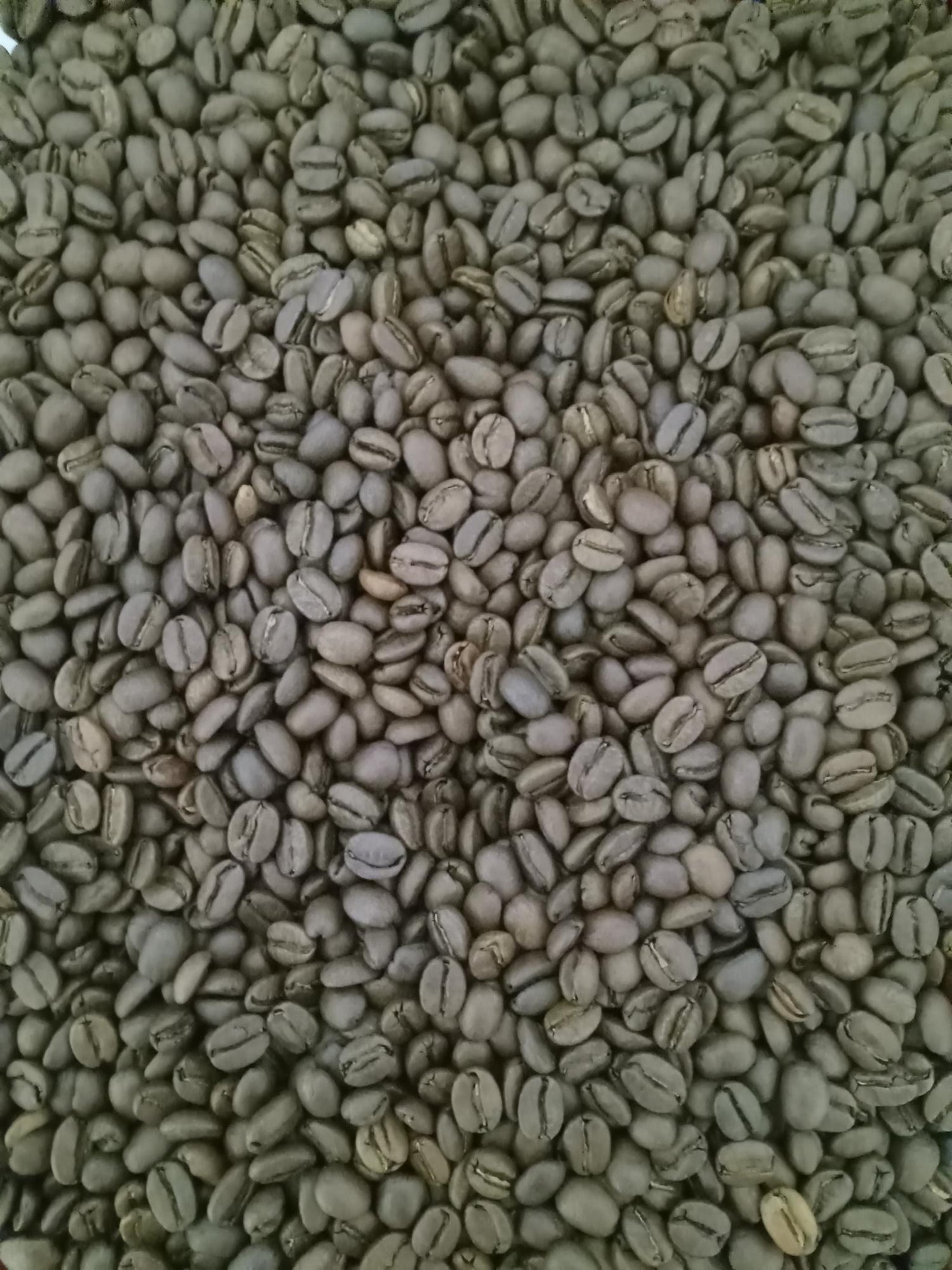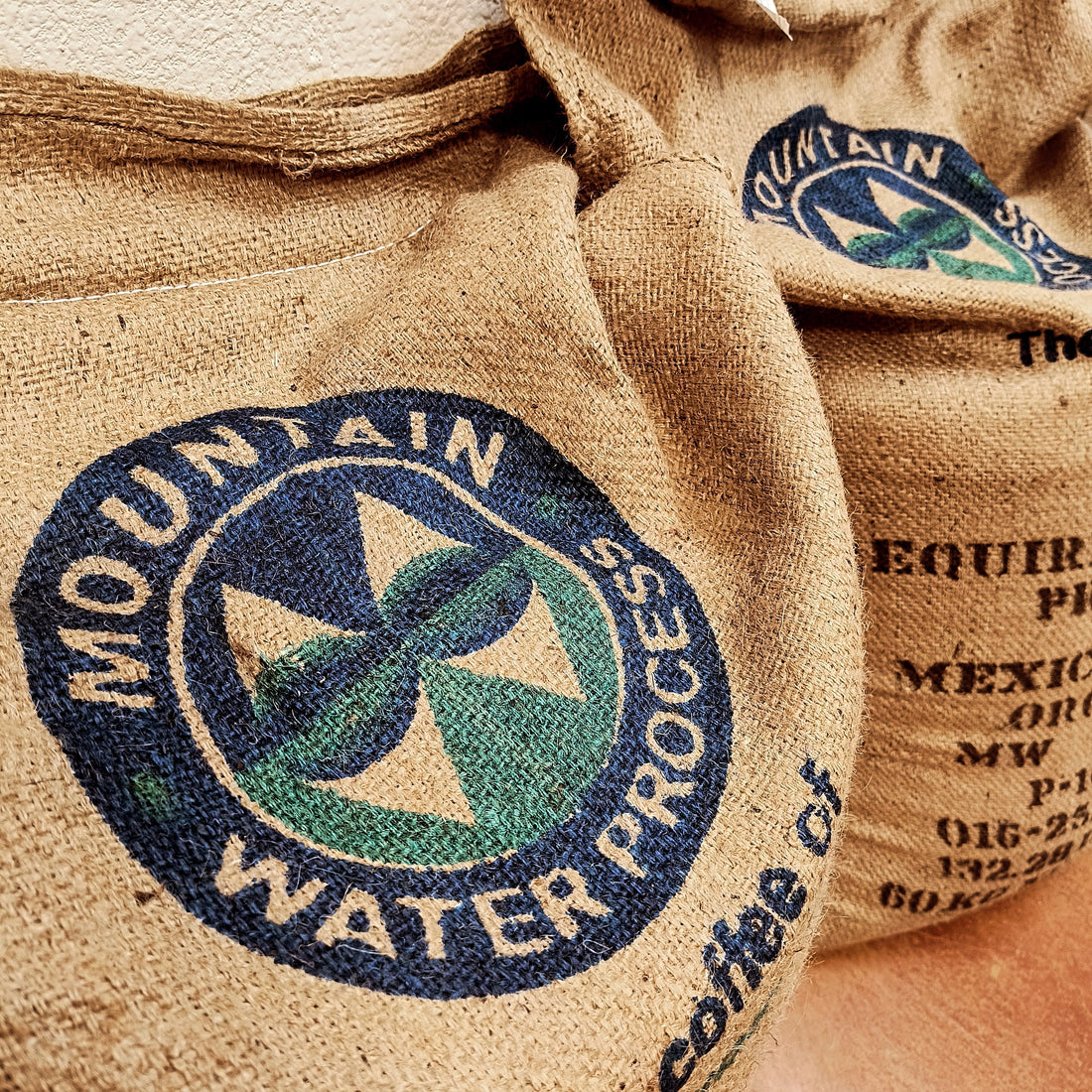What’s the point? Why bother? That’s what’s often heard when discussing decaf coffee. There is also a misconception that decaf coffee drinkers are not true fans of coffee so the quality of the beans isn’t that important. If you really think about it though, isn’t the opposite true? People who drink decaf coffee must actually be huge fans of the beverage. They are drinking it merely for the enjoyment, not for the get up and go aspect that so many of us rely on daily. However, for the decaf lovers of the world, being educated on the different types of decaffeination is essential to choosing the highest quality product as not all processes to remove the caffeine are created equal.
Not so gentle on the bean is the solvent process. During this process, steam is introduced to open the bean and then methylene chloride is applied to remove the caffeine. The methylene chloride bonds with the chlorogenic acid, which is a compound found in caffeine, and the caffeine is then separated from the bean. The tank is emptied and refilled and this process is repeated, sometimes for up the eight hours. The beans are then re-steamed to remove the remaining traces of the chemicals but the integrity of the bean is most often damaged and can be difficult to roast afterwards. The results are typically decaf coffees that are over roasted to cover-up the fact that they actually have very little flavor and complexity due to the chemical damage incurred.
An off-shoot of the solvent process is called Sugarcane process. This process is essentially the same except that the chemical used is Ethyl Acetate. This chemical is a naturally occurring chemical that is created during the fermentation of sugarcane and seems to currently be gaining some serious popularity. The coffees tend to have a slight, residual sweetness from the process itself.
A newer process is CO2 processing. Through this method, liquid CO2 is introduced to the beans at a very high-pressure level. The caffeine in the bean dissolves into the CO2 and then the pressure is lowered and the CO2 evaporates with the caffeine still dissolved in it. Though very effective, this process can also be a little harsh on the beans. Although, this process is considered organic and is better for the environment, some flavor compounds are stripped away under the intense pressure leaving these coffees sometimes a bit lackluster on the palate but in much better shape than a solvent processed coffee.
Water processed decafs, generally preferred for those trying to produce high quality decaf coffee, saturates the bean in water and essentially soaks the caffeine out of the bean. It is generally believed that this process was happened upon by accident when a coffee merchant received a shipment of coffee that was quite saturated with seawater. Today, we use a bit more controlled actions but the results are much the same if not a bit less salty. There are two popular water processed methods. Swiss Water process in which the water used to soak away the caffeine is infused with a green coffee extract to help keep the flavor components intact. This water is then filtered with charcoal to remove the caffeine and then re-introduced to the beans so the flavor is preserved but the caffeine is gone. This may take more than one cycle but is overall very effective and very gentle on the bean. The second process is Mountain Water process. A bit more specific to the individual bean that is being decaffeinated, a solution is created according to the profile of the bean. The caffeine is then soaked out of the bean using pure water from Pico de Orizaba, the highest mountain in Mexico and the flavor components come out with it. The caffeine is separated out and the flavor components are then introduced back to the bean so that the coffee retains all of its original flavor components.
Being educated about how different decaffeination processes affect the overall quality of the coffee is essential to drinking the best decaf coffees at home. Fredericksburg Coffee Co. currently uses a Mountain Water processed Mexican Chiapas. This coffee seems to be indistinguishable from its caffeinated counterpart and makes a beautiful cup of coffee and a pretty impressive shot of espresso. Our commitment going forward will always be to source water processed decafs and roast those to their optimal levels to create flavorful, beautiful coffees that you won’t be able to tell, lack the caffeine.


